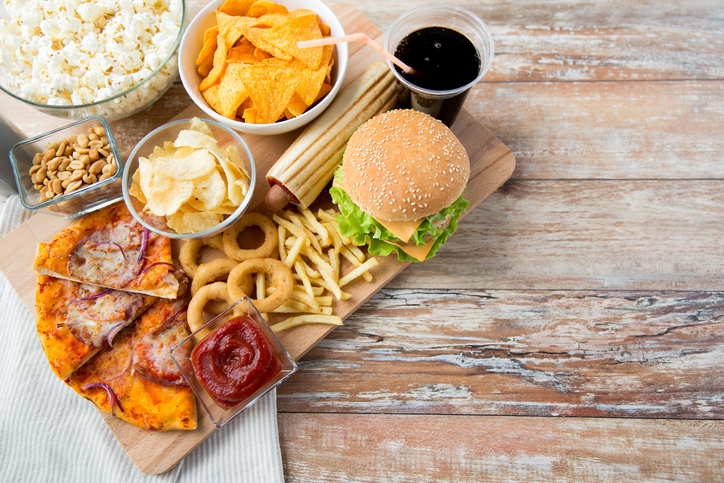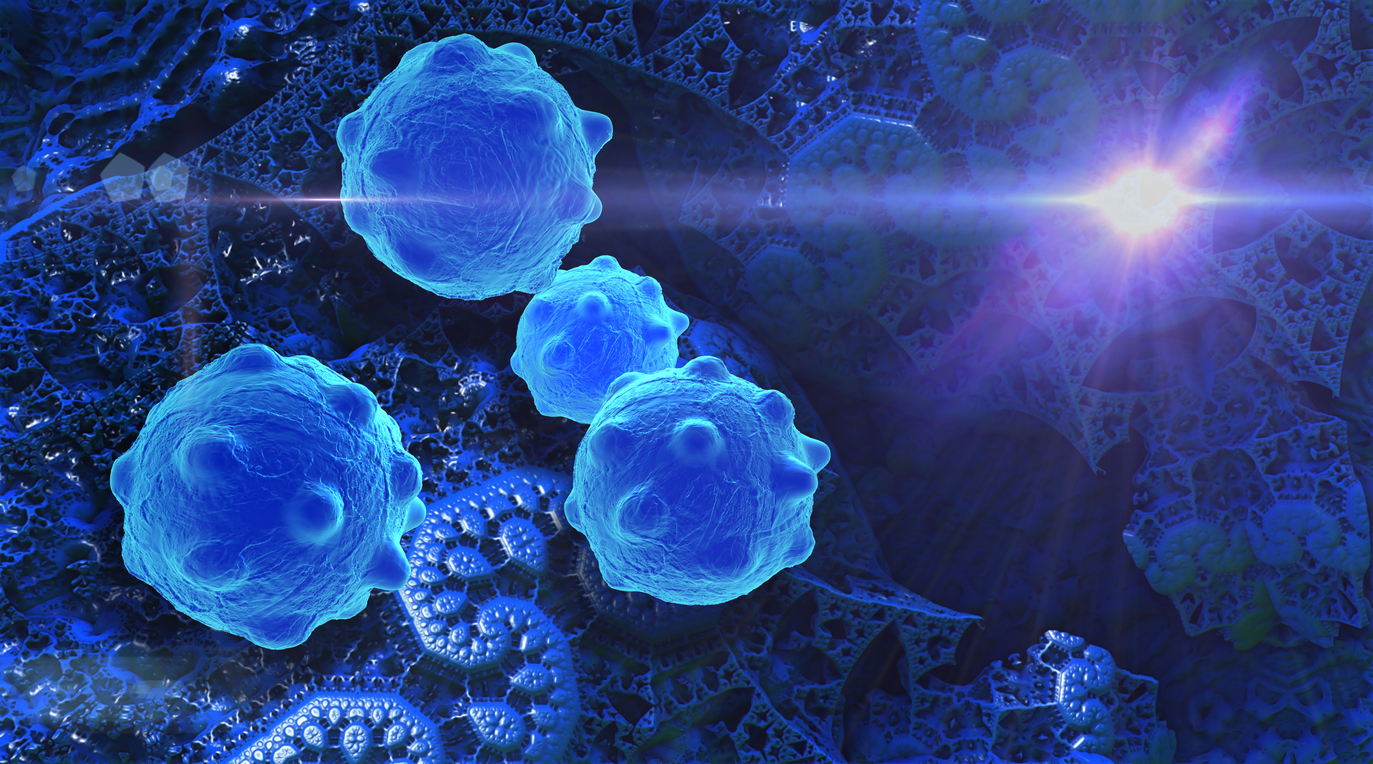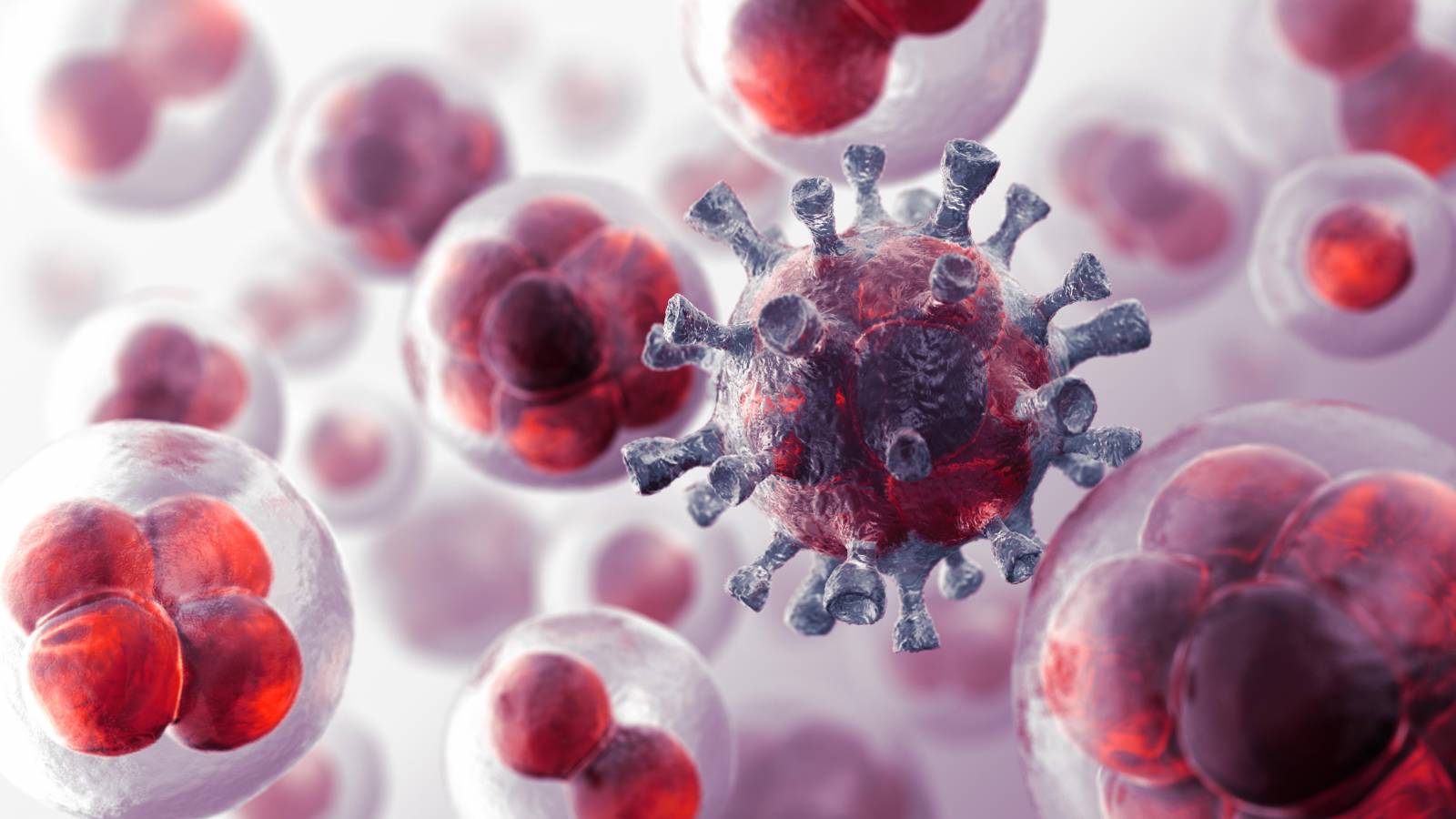Hi again!
My lab has been working on the effects of different diets on the incidence and growth rates of cancer for over 10 years now. Our findings to date suggest that a low carbohydrate diet coupled with omega 3 supplements and exercise may dramatically reduce your risk of getting cancer.
So let’s break down these findings and discuss the best foods to eat to prevent cancer from developing.
Diet, chronic inflammation and cancer
So what happens right after we eat a typical Western meal, which consists of approximately 60% carbohydrates? These easily digestible carbs are composed of simple sugars like sucrose or easily broken down starch.
Within 15-20 minutes, we get a blood glucose spike, since the easily digestible carbs and sucrose are quickly broken down in our small intestine to glucose and absorbed into our blood stream. This spike tells our pancreas, one of my favourite organs, to produce insulin.

What does insulin do?
Insulin’s main job is to get the blood glucose levels back into the normal range (4 – 5 mM), helping prevent dizziness or loss of consciousness if too low or the stiffening and damaging of blood vessels if too high.
Importantly, insulin also tells the body that fuel is coming in. This signals the body to stop breaking down fat into energy, which is why people on high carb diets have a tough time losing weight.
Insulin is also pro-inflammatory. This is important because chronic inflammation is responsible for just about all the ills that befall us as we get older – not only cancer, but rheumatoid arthritis, heart disease and Alzheimer’s.
Lastly, insulin stimulates cells to divide, inadvertently promoting growth of cancerous cells into tumours.
Cancer cells feed off carbs
Cancer cells typically take up and need much more glucose than normal cells so they can rapidly proliferate inside our bodies. That is why we can detect tumours using machines called PET scanners.
These scanners use a radioactive glucose analog to see cancer cells inside our bodies. All they really do is indicate where the cells are that are taking up the most glucose.
So since cancer cells take up and need more glucose than normal cells we initially asked if we could lower blood glucose levels sufficiently, via diet changes alone, to slow tumour growth. The results were quite remarkable.
Low-carb diets slow tumour growth

We put mice on either a Western (60% of total calories as carbs) or a 15% carb diet for 2 weeks and injected them with rapidly growing tumour cells that normally kill them in 3 weeks.
Remarkably, given the short time they were on their diets and how fast the tumours grew, we still saw a significant extension (15%) in the lifespan on the low carb diet.
Their blood glucose and insulin levels were also significantly lower.
However, we don’t get cancer by getting tumour cells injected into us, so we wanted to look at a mouse model that more closely mimics how human cancer develops.
Diet and Hereditary cancer
Our next series of experiments used mice that were genetically predisposed to develop breast cancer over their lifetimes.
Mice typically live for only 2 years so we can get results within a reasonable amount of time. They also don’t lie about what they eat!
We put half of them on a Western diet and half on our 15% carb diet. The first thing we noticed was that mice on the 15% carb diet kept their “teenage” weight while on the Western diet gained weight slowly just like we do with age. Importantly, the mice in both groups ate anytime they wanted.
But here is where it got interesting. At one year – which is about middle age for mice – almost half of those on a Western diet developed tumours. No mice on the low carb diet did.
At the end of this study, we noticed that only 25% of those on the low-carb diet developed cancer; on the Western diet, it was 75%.
If this wasn’t fascinating enough, there’s more.
Cancer-fighting effects of fish oil & soy
While the results of our genetically predisposed mouse studies were interesting, over 90% of human cancers are not caused by genetic predispositions, but by carcinogen- and/or chronic inflammation-induced mutations during our lifetime.
So we began studies using a potent cigarette containing carcinogen, nicotine-derived nitrosamine ketone (NNK). For these studies we put mice on 9 different diets for 2 weeks before giving them NNK and then waited 5 months for lung tumours to develop.

In the groups of mice that weren’t exposed to NNK there were very few cases of lung cancer, as expected, but in the groups that were exposed, the mice that were on low-carb diets developed far fewer lung nodules than those on a Western diet.
But what’s more is that mice that consumed fish oil rather than common fats and oils associated with Western diets, developed almost no lung nodules.
In addition, by switching from animal protein to soy protein, we saw an additional drop in cancer cases.
But what about exercise?
For these 5 month studies we housed all the mice in large cages with exercise wheels so they could run around rather than in the standard small cages that most studies use.
As a result the mice all weighed the same at the end of the study. We could therefore say the mice on the Western diets developed more lung nodules because of the direct effect of the diets and not because they were fatter.
We also put mice on our best (low carb with fish oil) and worst (Western) diets in standard small cages to see if exercise made a difference.
That led to increases in weight in mice on both the best and the worst diets and almost doubled the number of cancerous lung nodules.
Thanks for tuning in,
Gerry Krystal


